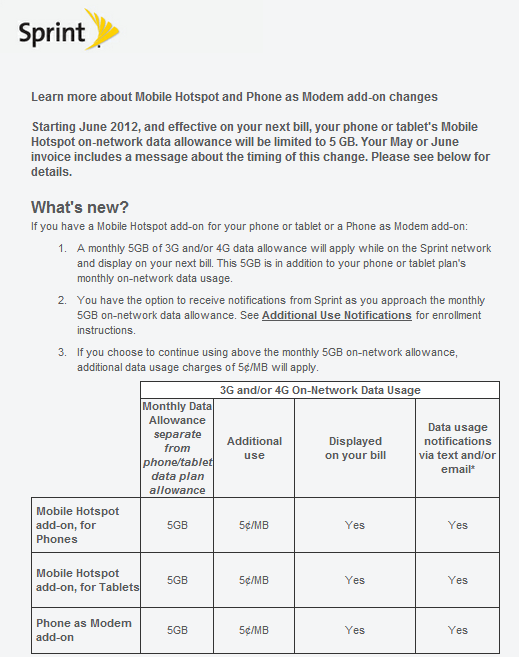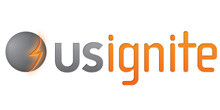 Canadians: Get ready for more cell towers in your neighborhood.
Canadians: Get ready for more cell towers in your neighborhood.
Industry Canada’s fuzzy math threatens to allow cell phone companies to erect new cell towers in some of the country’s most scenic areas, which often coincidentally offer the best reception.
Residents in Pontiac, Quebec are learning that first-hand, as Industry Canada approves a controversial proposal from Vidéotron to install an 82-meter cell tower in the middle of a vista that tourist officials use in brochures to promote travel in the Ottawa River region.
It turns out the regulator now only considers an antenna’s base as a factor in determining whether to approve a new cell tower. That base amounts to just one square meter, “too small” by Industry Canada’s standards to conduct an environmental assessment. No matter that the antenna will tower nearly 270 feet into the skyline. Industry Canada is only interested in measuring the three legs of the tower (each leg is evaluated individually, not collectively), and at just one tiny meter, it isn’t worth their time.
That means local residents will have to contend with a new tower 25-stories high. As the Ottawa Citizen puts it, Vidéotron’s tower is smaller in the government’s eye than any pre-fabricated garden shed from Home Depot, which often requires a permit to install.
The new tower will be installed on Hurdman Heights, much to the consternation of area residents and naturalists opposed to its presence, ruining what many call the most scenic place in the region.
The local government of Pontiac has opposed the new Vidéotron tower since it was first announced, but the cable/wireless company pulled an end run around the municipality claiming there was a negotiating impasse and local officials would not meet to work it out, a good enough reason for the regulator to approve the new tower. Pontiac Mayor Eddie McCann says there was no impasse and the local council has been trying hard to reach a deal with the telecommunications company and never cut off talks:
“I myself had two or three meetings on sites with the representatives of Vidéotron,” he said. “As far as saying we were not responsive or willing to discuss — it’s pretty near stupid. We even offered our own municipal land as an option but they said it was too far between their existing towers.” He was exploring other possible sites as well.
“In fact it was Industry Canada that were non-responsive to us,” he said. “They accepted the proposal of Vidéotron without consulting us at all.”
And he believes Industry Canada could impose the same authority in any municipality.
“Certainly for anybody from Industry Canada to say that the municipality wasn’t interested in working out an arrangement was just ridiculous.”
Resident James Riordan wrote to Minister Christian Paradis last month objecting that the “impasse” was a misunderstanding somewhere, and had in fact never occurred.
A letter from the minister’s office tells him to take his objection to Vidéotron, and adds “the Department considers the matter closed.”


 Subscribe
Subscribe




